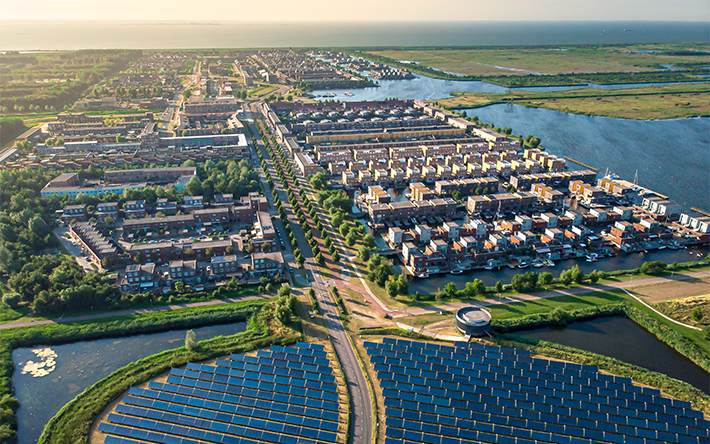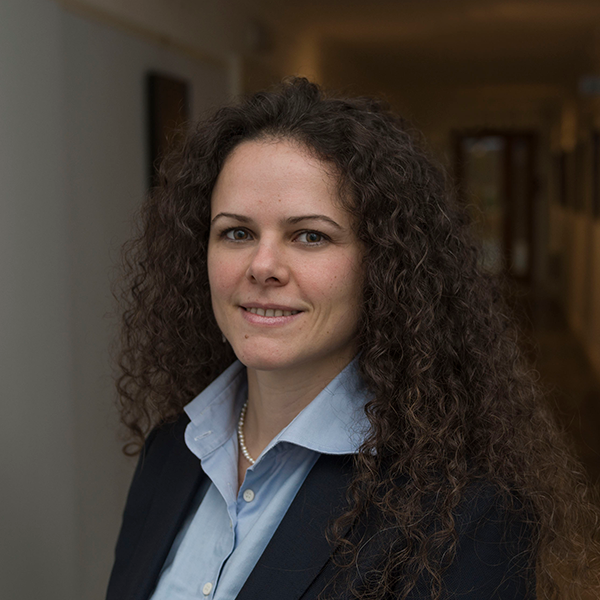
Sotsiaalse ühtekuuluvuse ja lähenemise edendamine
Sotsiaalse ühtekuuluvuse ja lähenemise edendamine on üks kuuest põhitegevusest Eurofoundi 2021.–2024. aasta tööprogrammis. Eurofound jätkab tegevust ELis elamis- ja töötingimuste ülespoole suunatud lähenemise ning majandusliku ja sotsiaalse ühtekuuluvuse tugevdamise peamiste suundumuste ja tegurite seire ja analüüsimise eksperdikeskusena. COVID-19 pandeemia on enneolematu väljakutse ELi majanduslikule ja sotsiaalsele vastupanuvõimele ja rõhutab juba saavutatud lähenemise haprust.
Järgmise nelja aasta jooksul teeb Eurofound olulise ülevaate sotsiaalse ühtekuuluvuse ja lähenemise probleemidest ja väljavaadetest ELis, aidates tagada liidu majanduste ja ühiskondade vastupanuvõime tulevikuvapustustele. Eurofound laiendab ülespoole suunatud lähenemise teemal varasemate aastatel tehtut, pöörates erilist tähelepanu kodanike hulgas uue ebavõrdsuse potentsiaalsele suurenemisele ja sellele, kuidas lahendada sotsiaalse ühtekuuluvuse kriisi tõttu suurenenud probleeme. Amet esitab korrapäraselt aruandeid ülespoole suunatud lähenemise suundumuste kohta nii sotsiaal-majanduslikus mõõtmes kui ka Euroopa sotsiaalõiguste samba raames liikmesriikide ja piirkondlike tasandite mõõtmetes, ühtlasi võrreldes ELi ka teiste arenenud riikidega.
Majandusliku ja sotsiaalse lähenemise põhjusi ja mõju uurides pöörab Eurofound tähelepanu paljudele järgmistele teguritele: sotsiaalsed investeeringud, liikuvus ja institutsioonilised raamistikud, eeskirjad, hoolekandesüsteemid, institutsioonide kvaliteet ja avalikud teenused , sotsiaaldialoog ja struktuurireformid. Uurimistegevus käsitleb, kui tõhusalt reageeris EL pandeemiale majandusliku ja sotsiaalse lähenemise seisukohast. Samuti käsitletakse olukorda euroalal ning keskendutakse töösuhteprotsesside rollile lähenemise mõjutamisel.
Eurofound uurib sotsiaalse ühtekuuluvuse suundumusi ja põhjusi Euroopa Liidus, eelkõige kuidas COVID-19 pandeemia on teravdanud olemasolevat ebavõrdsust või tekitanud uusi ebavõrdsusi, mis mõjutavad ühiskonda laiemalt või konkreetseid kodanikerühmi. Analüüs keskendub majanduslikule, sotsiaalsele ja tervislikule ebavõrdsusele nii tööturul kui ka seoses hädavajalike kaupade ja teenuste (nt tervishoiuteenused , majutus, haridus ja sotsiaalkaitse ) kättesaadavuse ja kvaliteediga. Uuritakse ebavõrdsuse, institutsioonide usaldamise ja rahulolematuse seost. Muud huvipakkuvad valdkonnad on ränne , integratsioon ja sotsiaalsed pinged.
Saadavad uurimistulemused toetavad Euroopa Komisjoni talituste ja tööhõivekomitee, sotsiaalkaitsekomitee, majandus- ja rahanduskomitee, nõukogu ja Euroopa Parlamendi tegevust, sh seoses Euroopa poolaastaga.
„COVID-19 kriis on toonud ülespoole suunatud lähenemise mõiste tagasi poliitilise arutelu keskmesse… Ülespoole suunatud lähenemine on liidu stabiilsuse jaoks oluline. Ülespoole suunatud lähenemise lubaduse täitmata jätmine võib kahjustada liidu toimimist ja tekitada poliitilist rahulolematust seoses Euroopa Liidu projektiga.“
Massimiliano Mascherini, sotsiaalpoliitika osakonna juhataja

























